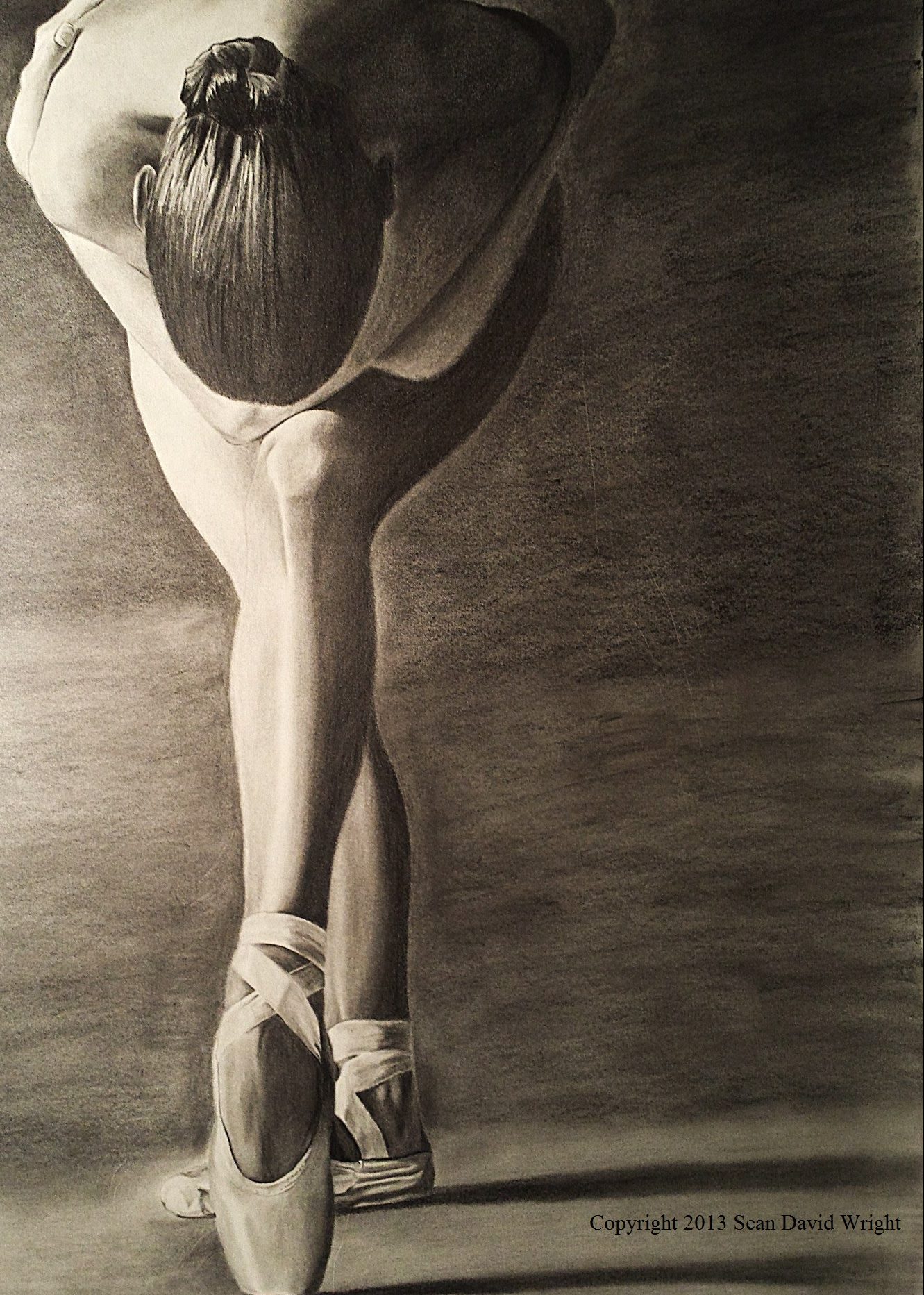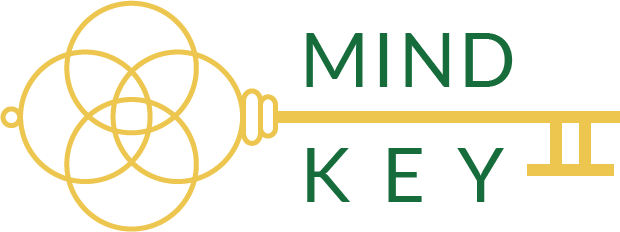
Did women’s lib go too far?
By Barbara Steingas
In the early sixties, a group of women started the National Organization for Women (NOW). The intention was not to dismantle the prevailing male dominated system, but to open it up for women to be able to participate more on public and political levels. The main issues they focused on surrounded reproductive rights, domestic violence, maternity leave, equal pay and sexual harassment/violence. The question is, did their work cause a rift in the ultimate goal of fostering women’s lib and balance?
Opening doors
Although NOW’s efforts led to many positive results, including equal pay, the right for women to initiate divorce, right of choice and access to birth control, right to own property, the Equal Rights Amendment, equal access to education, access to jobs other than the traditional female-oriented professions: nurse, secretary, teacher, women shelters, and women’s health clinics. It also opened doors for men to do traditionally women-oriented jobs, like nursing, and to be Mr. Mom by staying home while their wives became the breadwinners.
However, the younger, more radical, women’s lib movement was determined to completely overthrow the patriarchal system that they believed was oppressing every facet of women’s private and public lives.
Where the balance tipped
I feel this is where the balance tipped. This culminated in the 1980s where women became more and more like men, even in the way they dressed—wearing big, broad shoulder pads and loose fitting clothing. It was like we were disowning our femininity and seeing it as a weakness. We believed we had to be almost all masculine to be successful in the world, especially in the business realm.
I believe we can be feminine and powerful all at the same time. I think that women give up a lot of personal power by focusing on competing with men (and other women for that matter), rather than complementing them. Not by giving complements, per se, but by embracing our inherent feminine strengths and using them to complement the yang traits of our male colleagues. This is what the focus of the original NOW group was.
The downfall of an unbalanced system
When there is balance, then things work better. The business world is no exception. Both men and women each have masculine and feminine characteristics. We need to embrace both of these aspects to have a healthy, happy, thriving environment whether in the home or at work.
When women became too masculine, it often emasculated men, causing further imbalance. This resulted in men becoming confused and not knowing their role in the courting ritual of relationships. Should they pay for the date or ask for half? Should they open our doors? Men who wanted to support the equality of women became confused.
I personally like to be treated like a lady and have my door opened for me and be given flowers. It’s nice if the man pays for the first date, then it can be alternating. I don’t feel the man has to always pay, but it nice to be wined and dined occasionally.
Women’s lib and balance on the homefront
Also, the women’s lib movement was one of the catalysts for almost all women having to go into the workforce. This I feel caused a rift in the family unit and diminished the importance of the role of women as mothers. Now that both parents have to work, the family sitting down at the dining room table for a homemade meal is for the most part a thing of the past.
I was part of the last generation where most of my friends’ mothers (including my own) were stay-at-home-moms. Although, my mom did work two days per week—on Fridays Saturdays as a hairdresser. Children were home by dinner time for home cooked meals, and when we were out playing a watching eye of someone’s mom was never far away keeping us safe and in check.
I wasn’t devastated when I learned I was too ill to have children. Financially, I wouldn’t have the opportunity to stay home for the first years of their upbringing, which is important. Being a parent is a sacred duty and takes a lot of energy and focus. Working full-time makes it impossible to give 100% to both work and family, and something has to give. I give credit to all the women (and men) who work and raise children, as it can’t be easy. Pray they can divvy out the roles to maintain the yin and yang balance in their personal and professional lives.
Blurring the lines
As Jason Reilly wrote in his article, The benefit of stay-at-home fathers in the modern family, men can be great nurturers as well–my late husband helped me regain my health because of his ability to nurture and support me. However, a significant body of evidence from a research study showed that women in dual-earner families still perform the majority of household work and child rearing, causing a negative impact on their careers and well-being. The study showed that some women would prefer to be stay-at-home-moms, but have to work due to financial constraints. Researchers also found that their voice is underrepresented in current debates that favor increased maternal employment.
Feminine and Masculine attributes within both men and women are vital to the workings of our society in all aspects, private and public. Balance is where true lasting power and success lie, creating an environment that is happy, healthy and full of joy.



 This image perfectly captures the idea of femininity and a women’s ability to balance herself as a whole. Image by Sean David Wright
This image perfectly captures the idea of femininity and a women’s ability to balance herself as a whole. Image by Sean David Wright  This image perfectly captures the idea of femininity and a women’s ability to balance herself as a whole. Image by Sean David Wright
This image perfectly captures the idea of femininity and a women’s ability to balance herself as a whole. Image by Sean David Wright